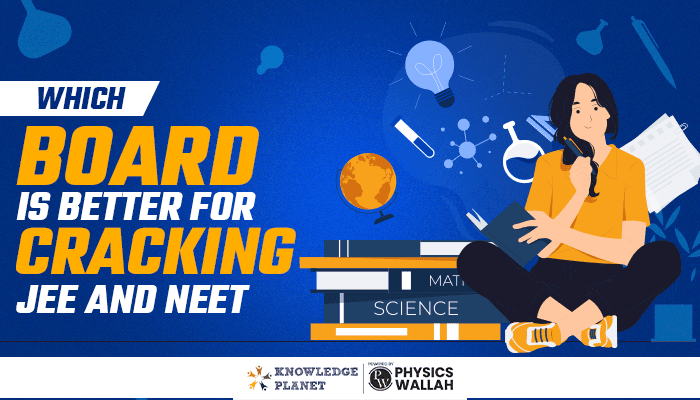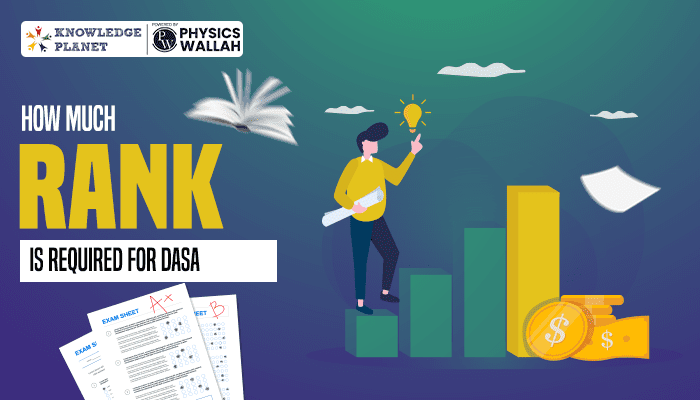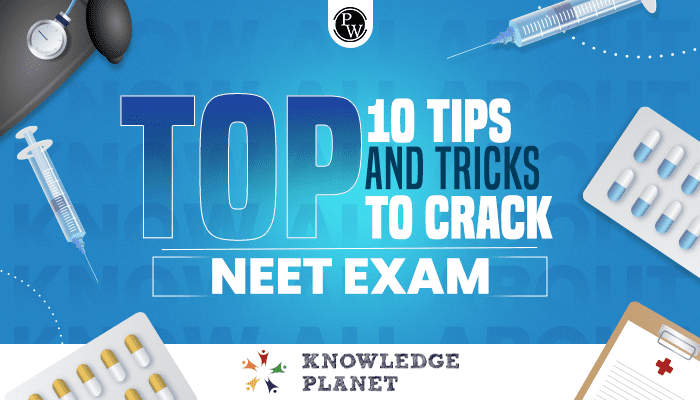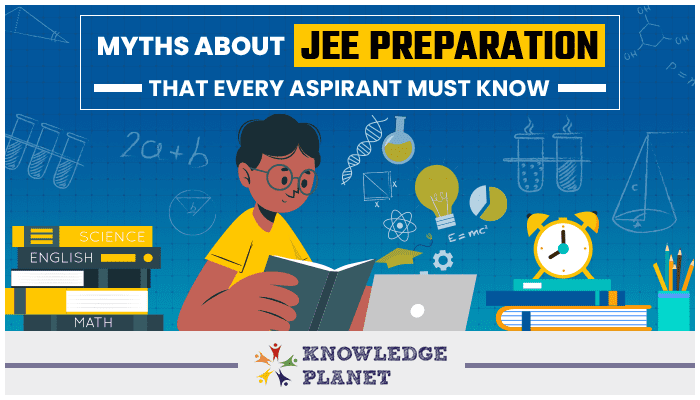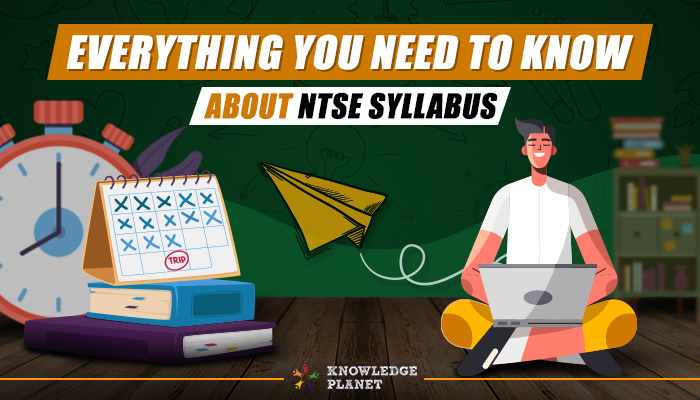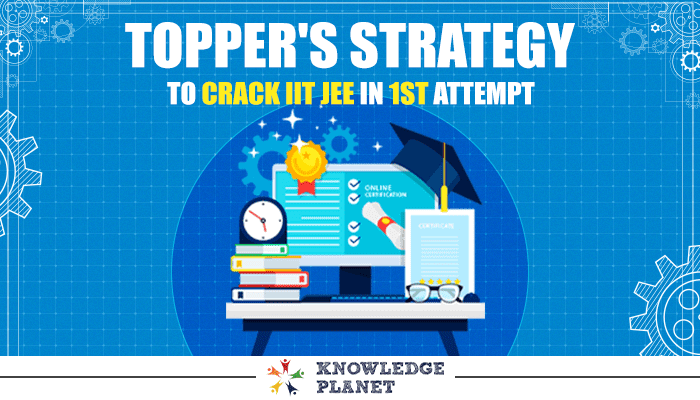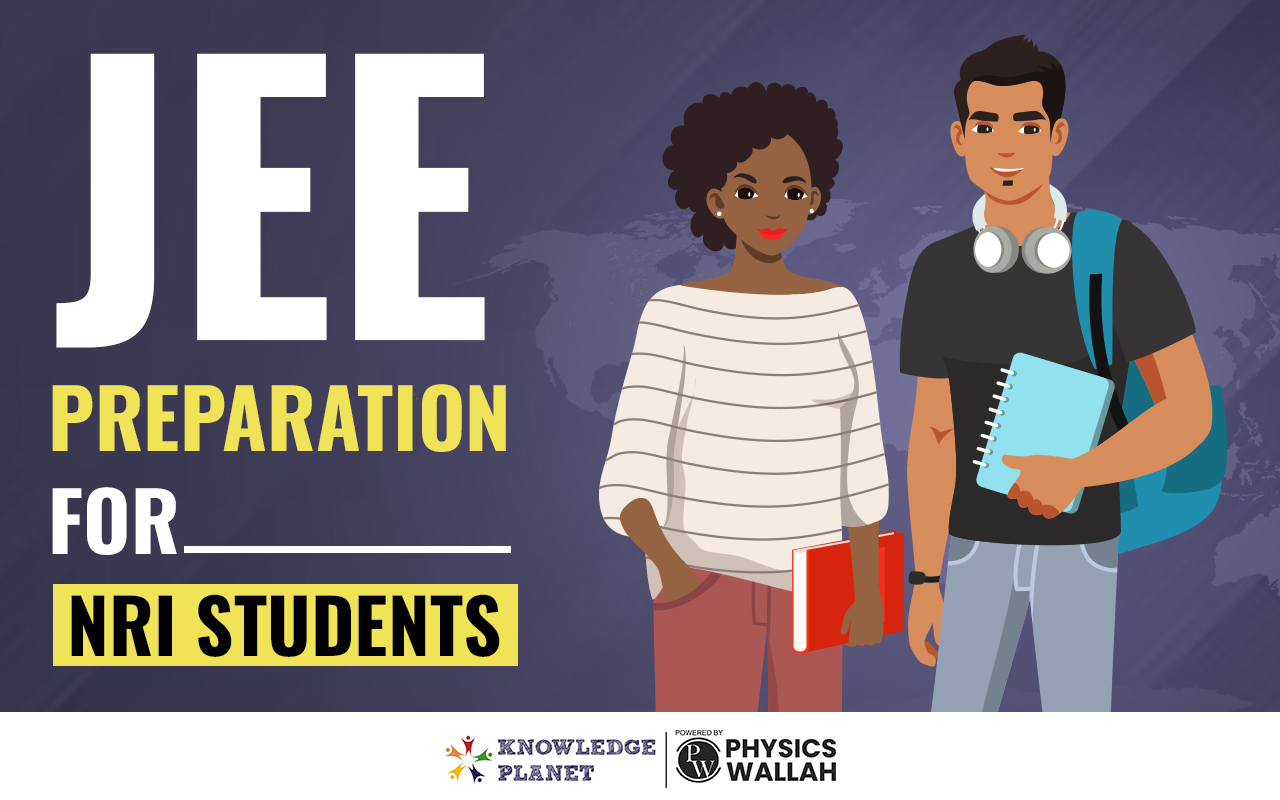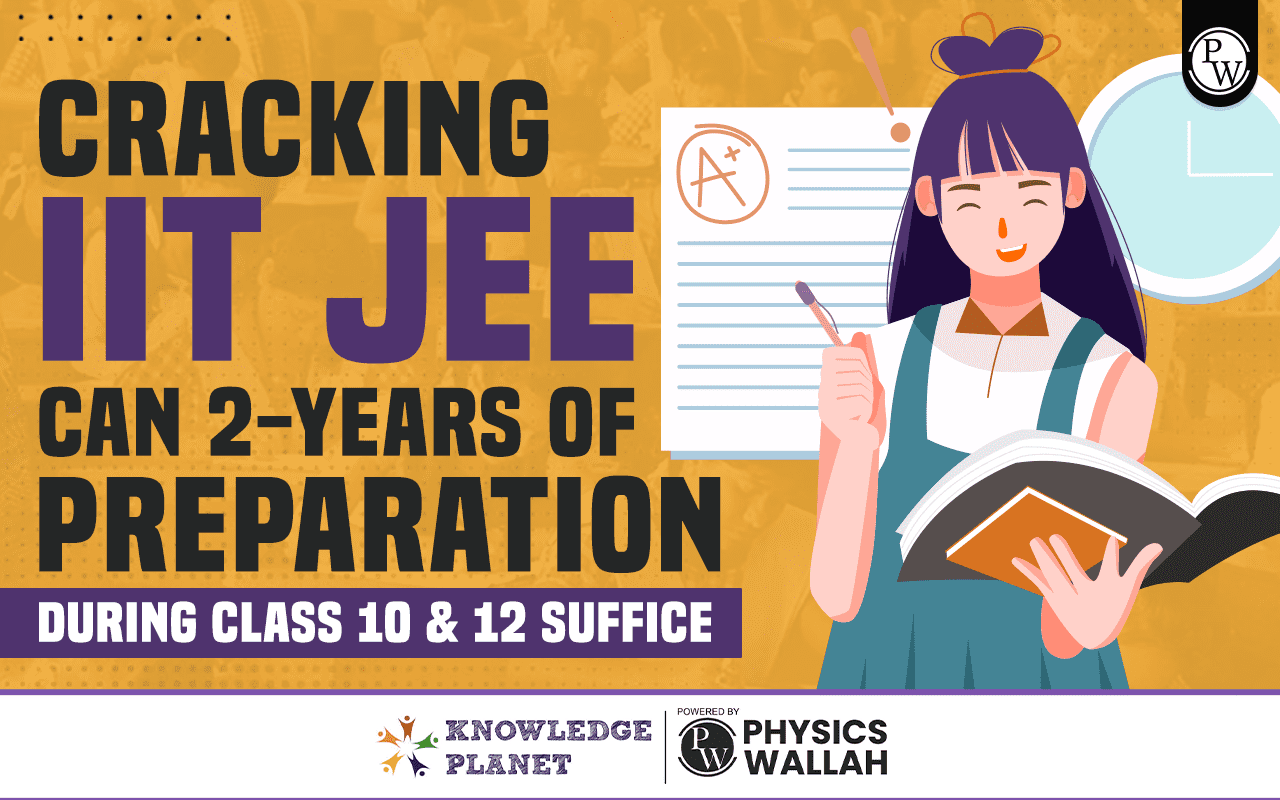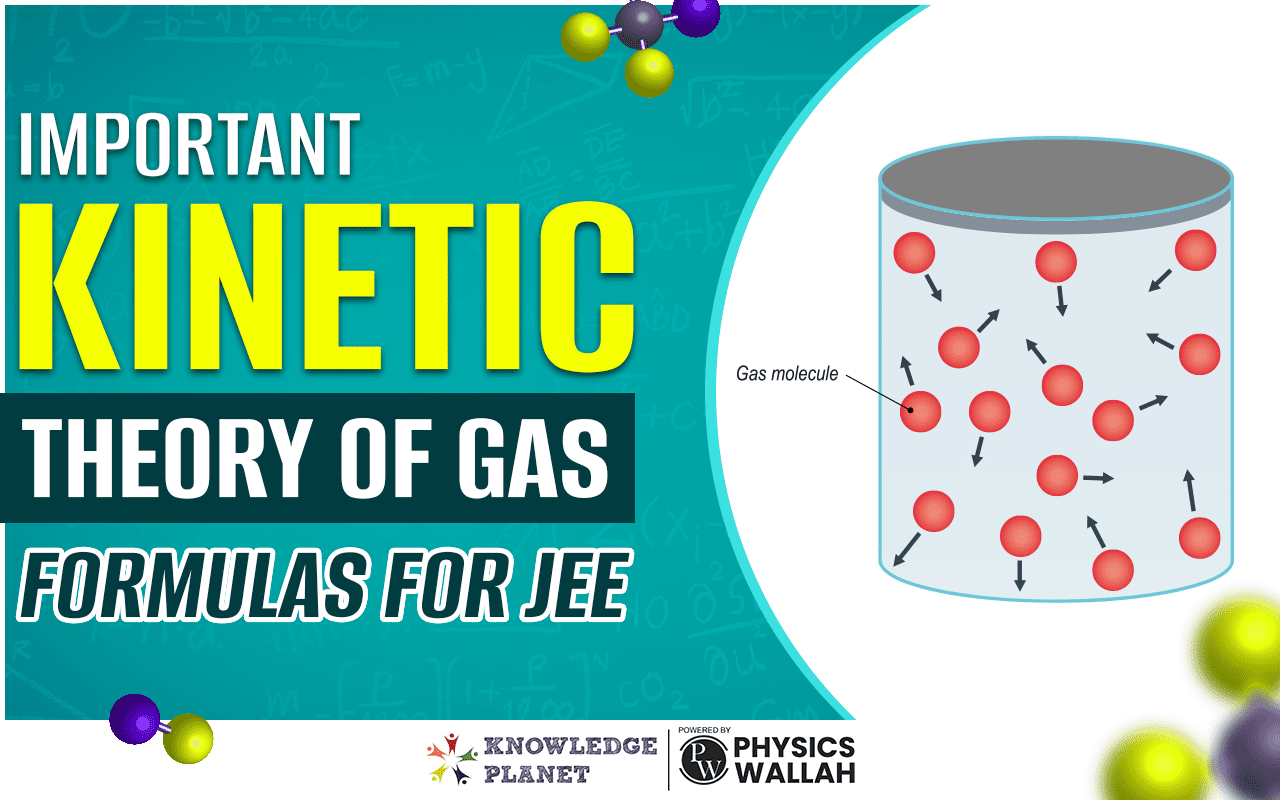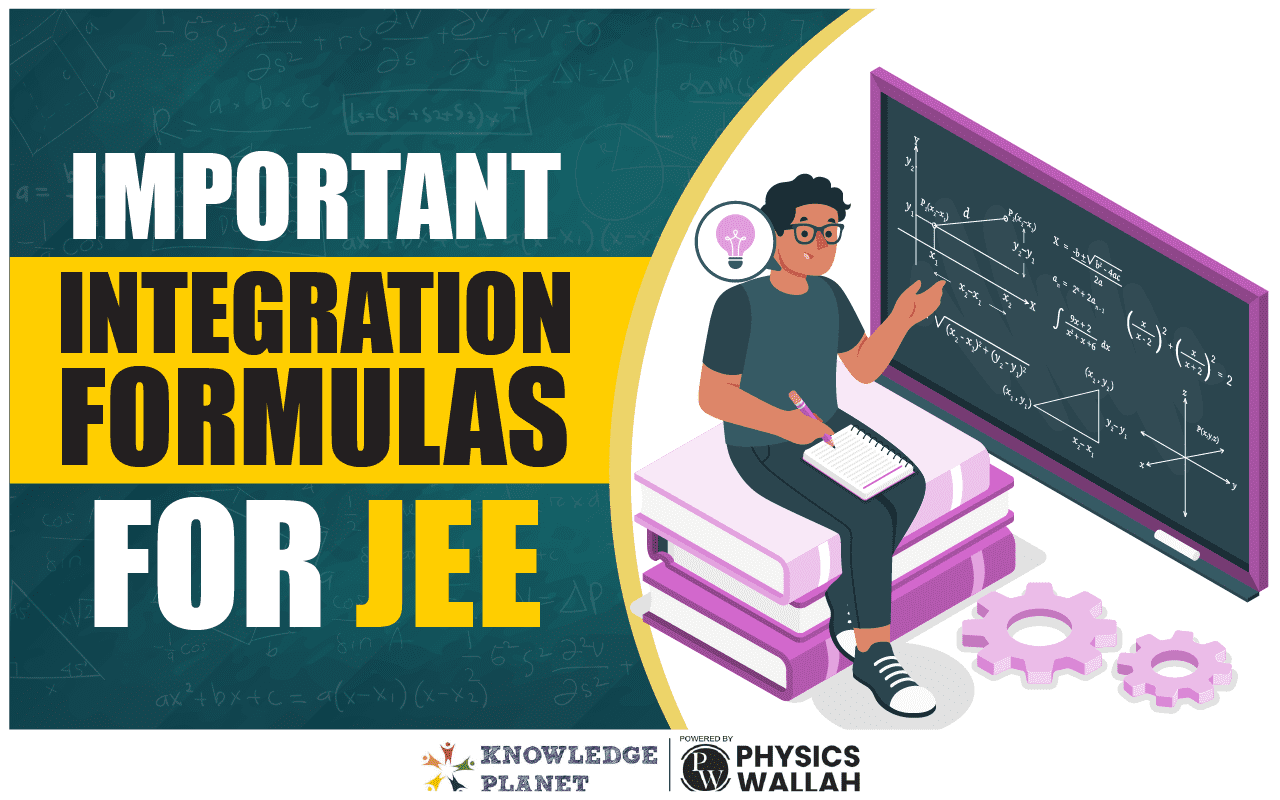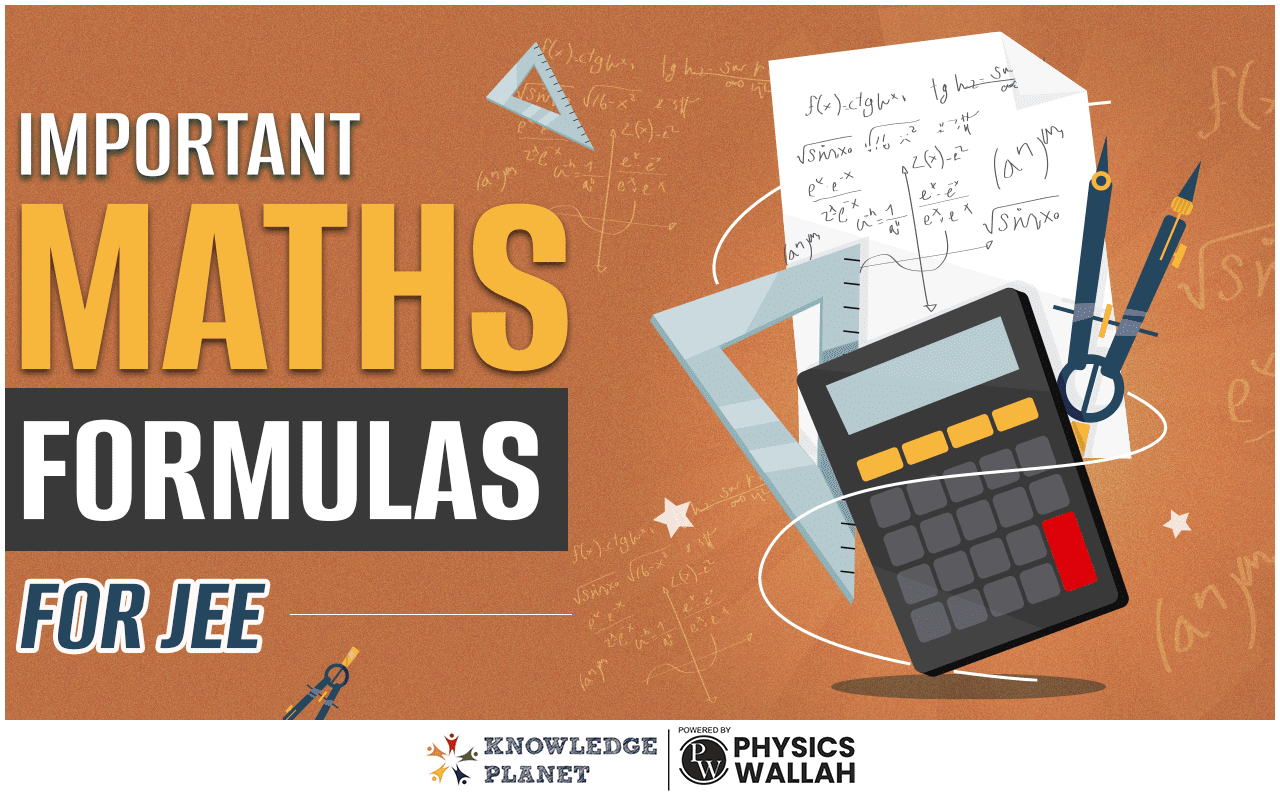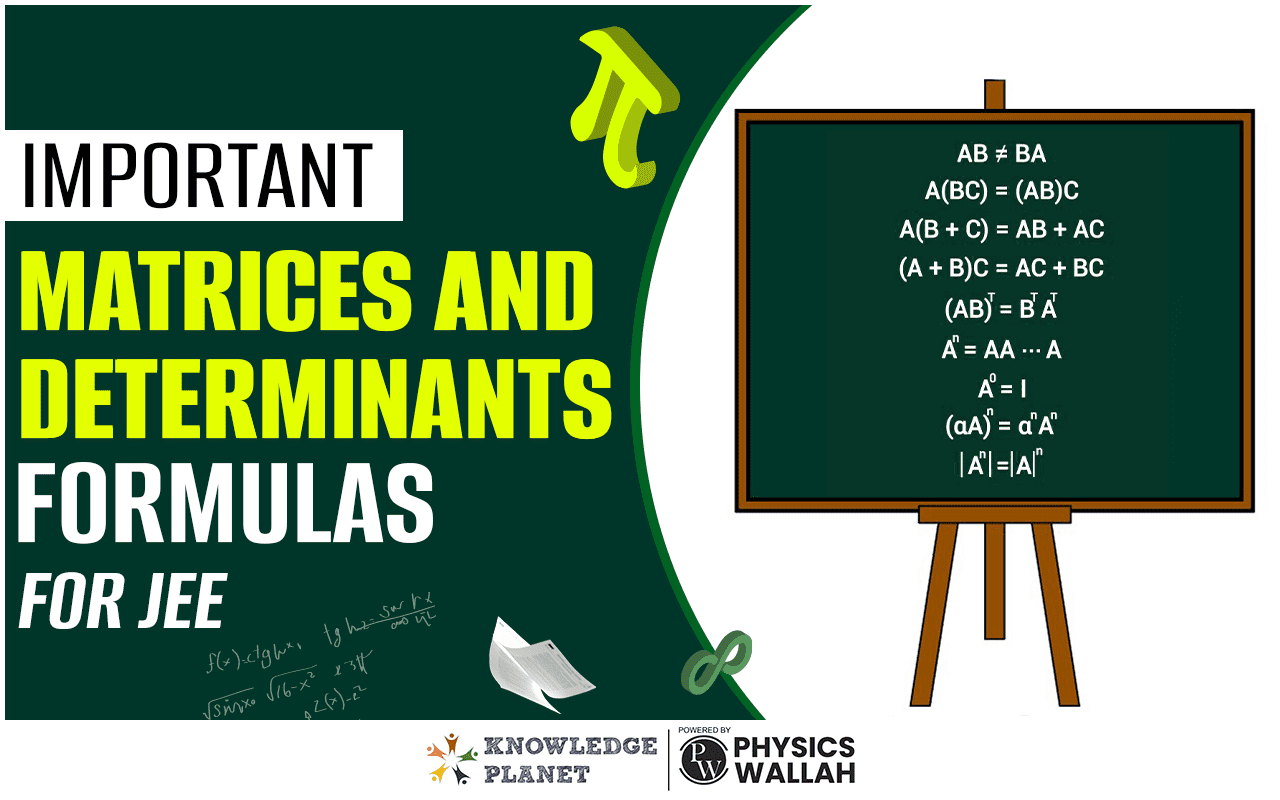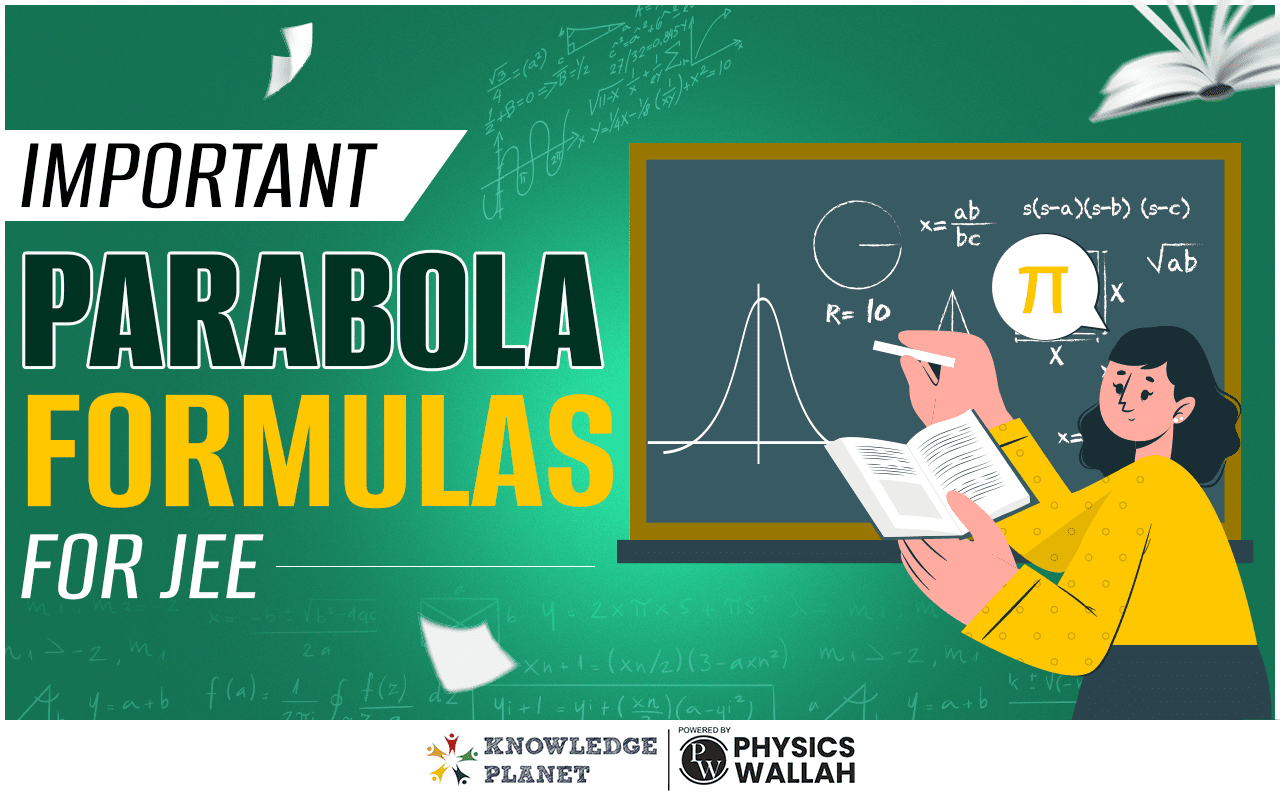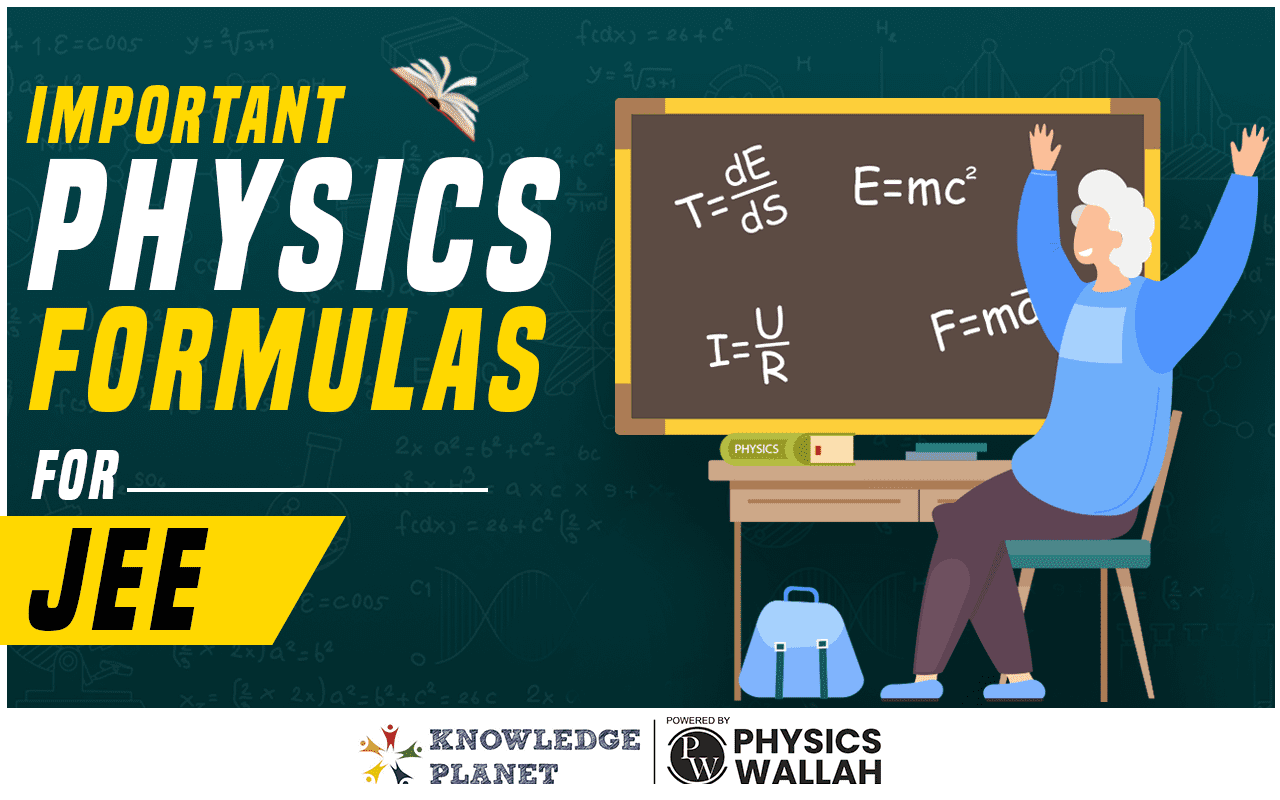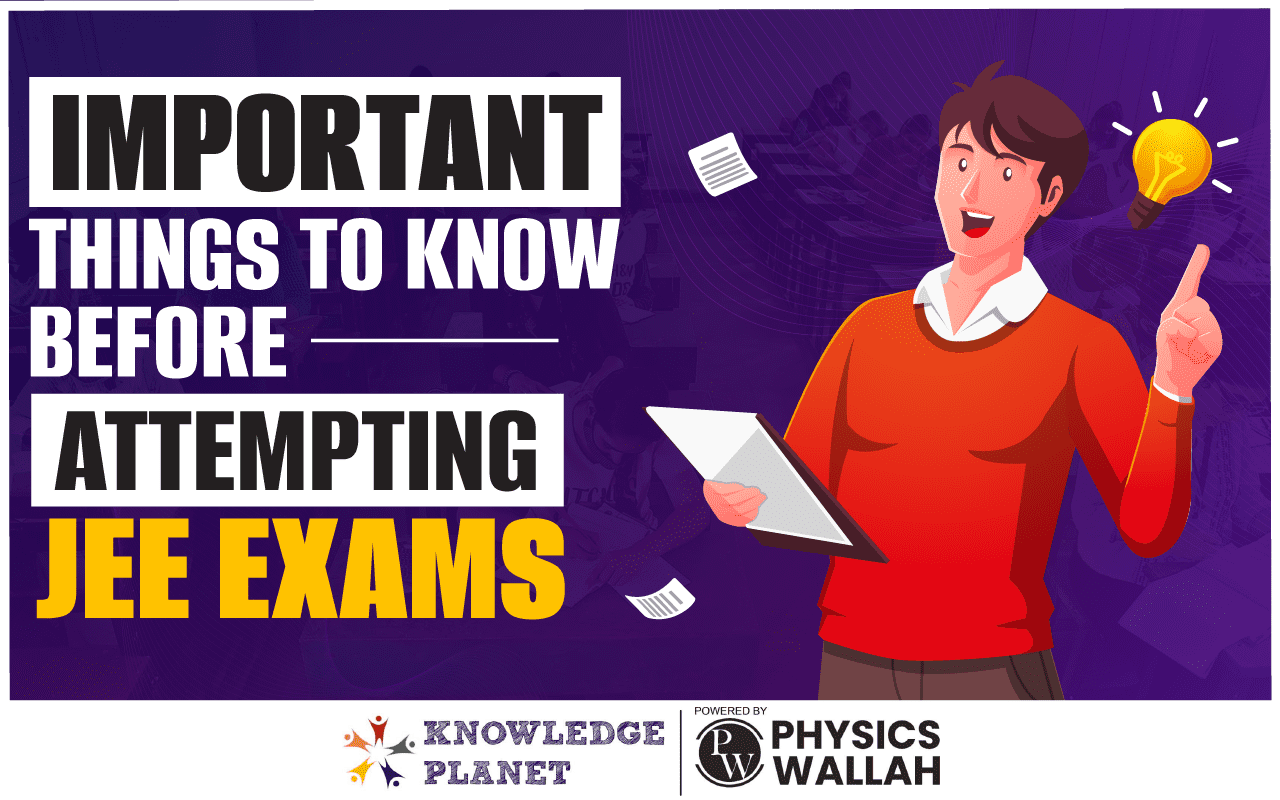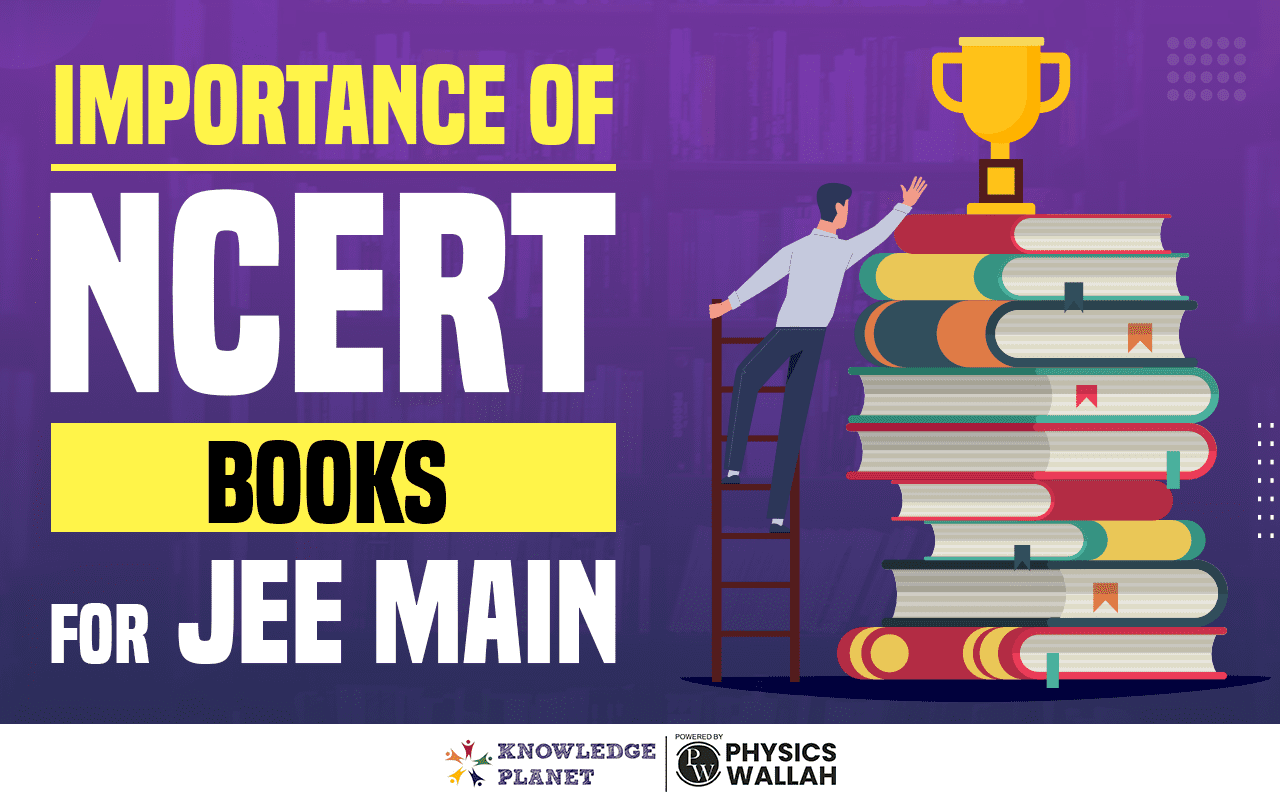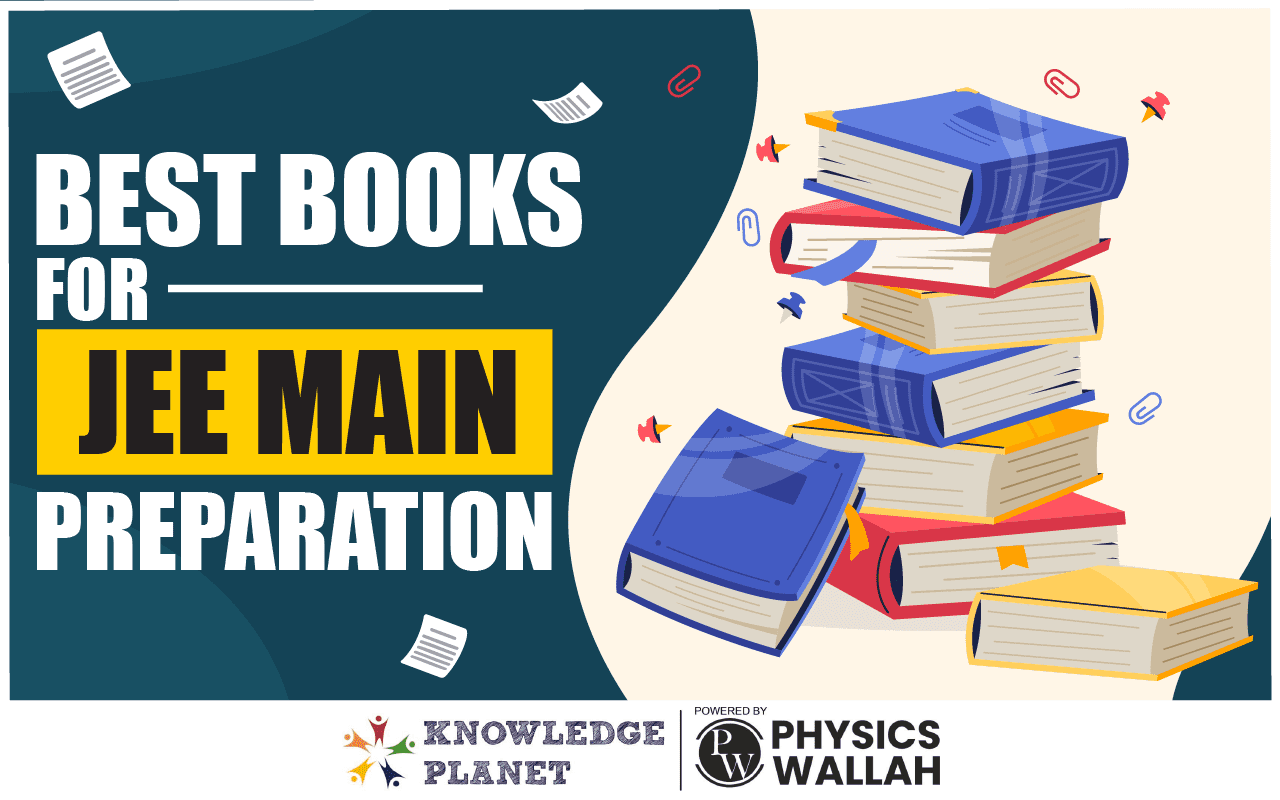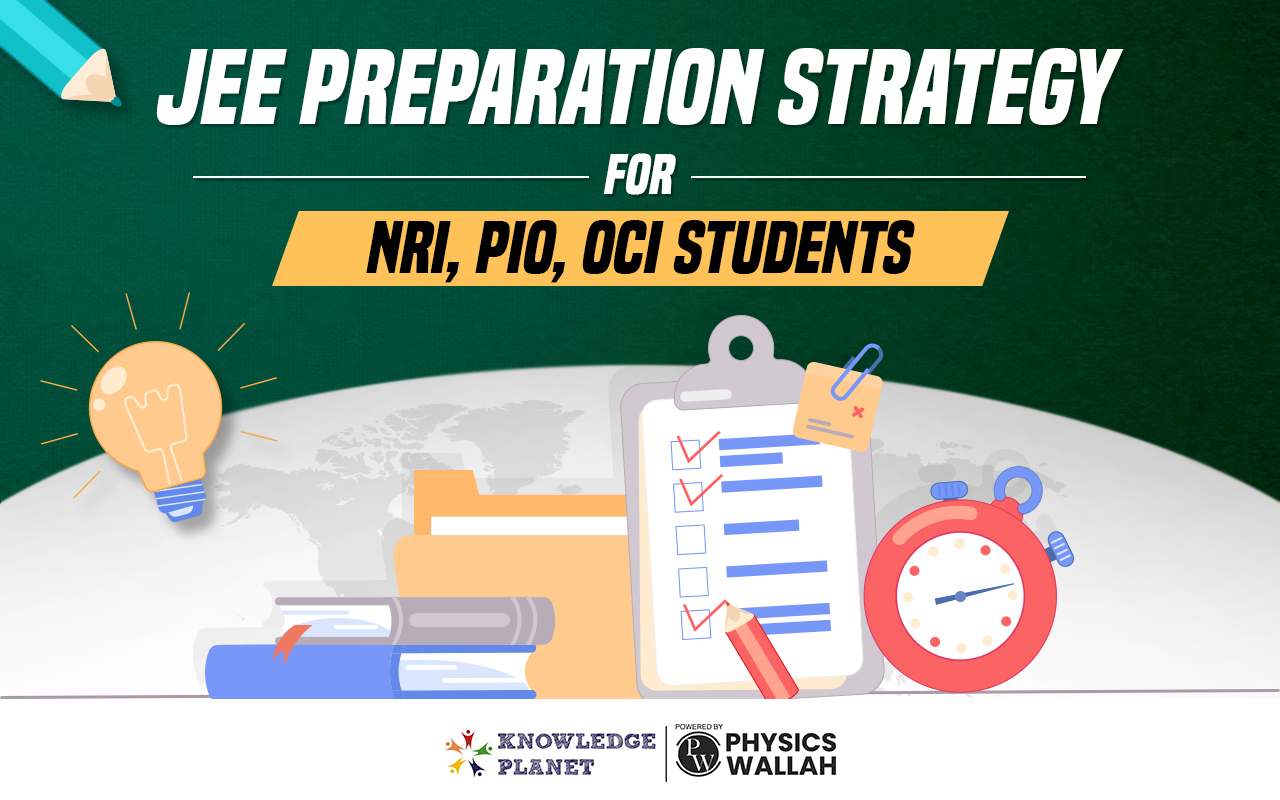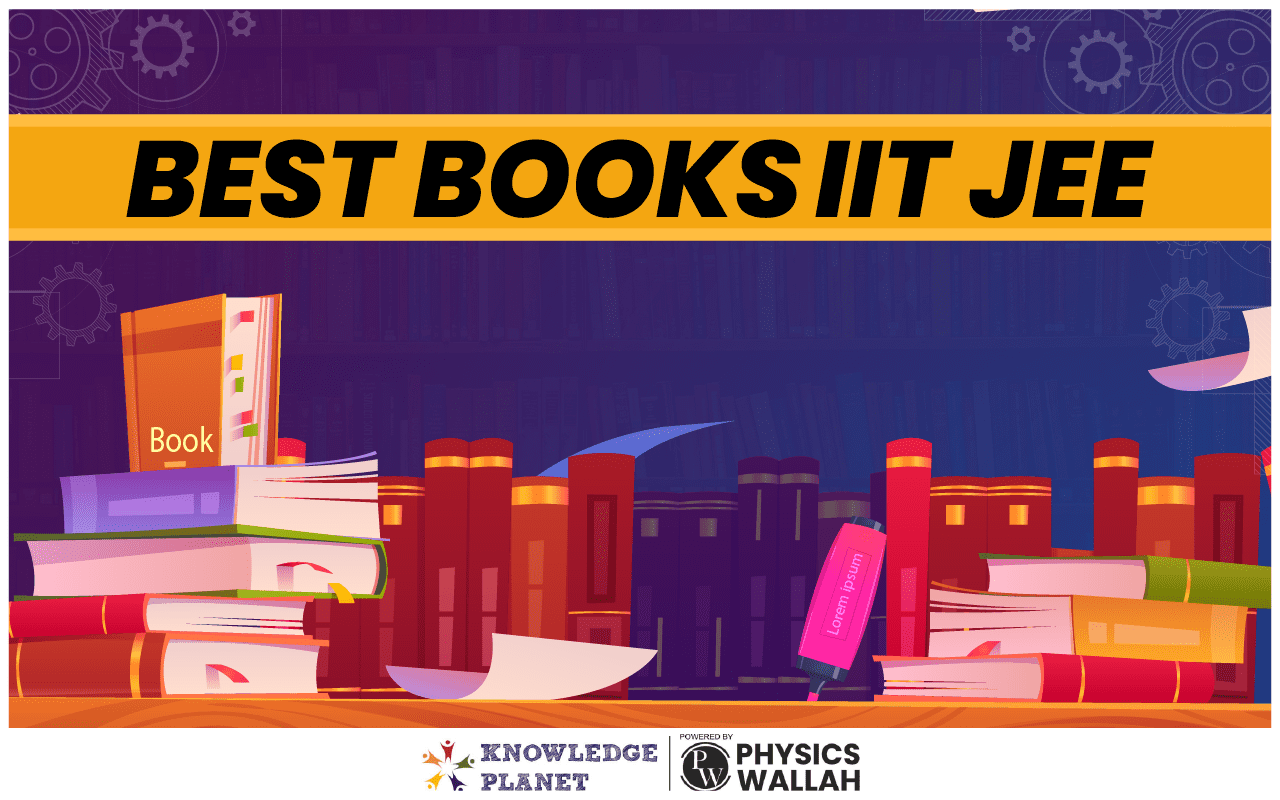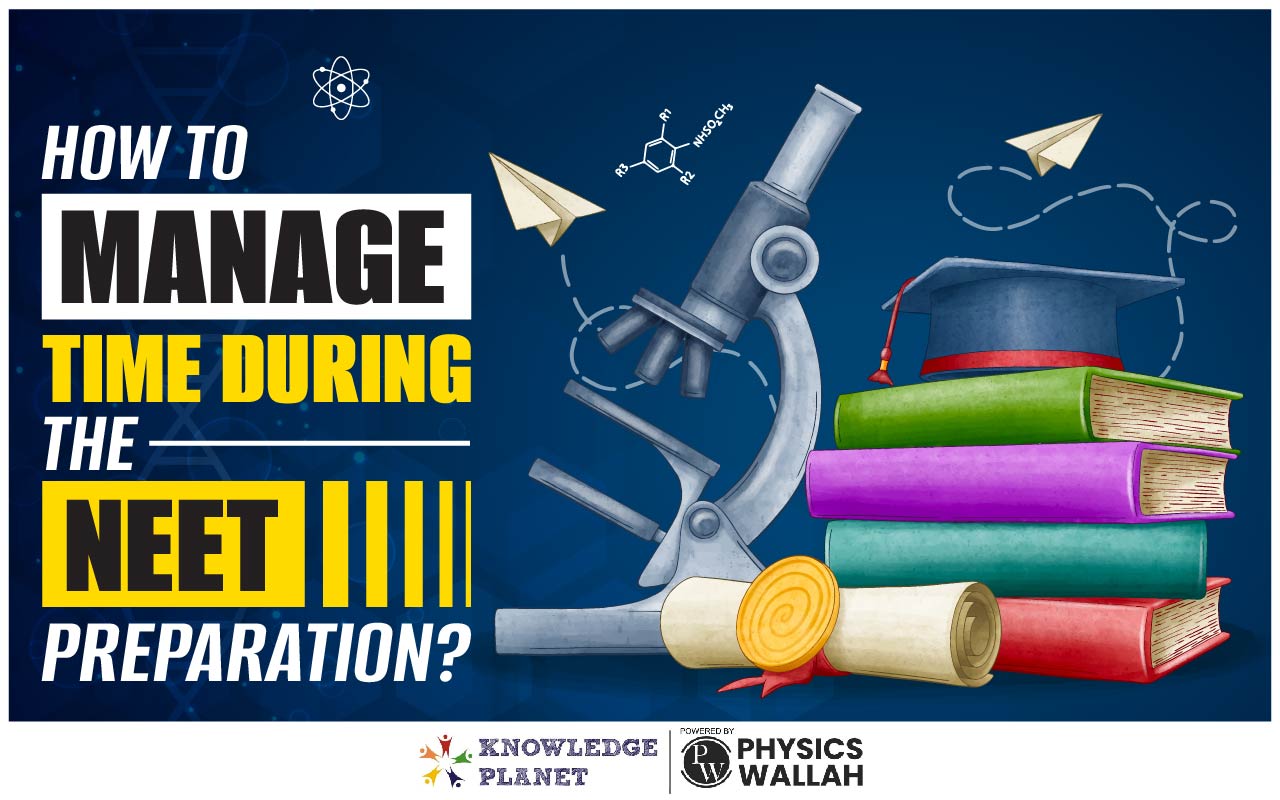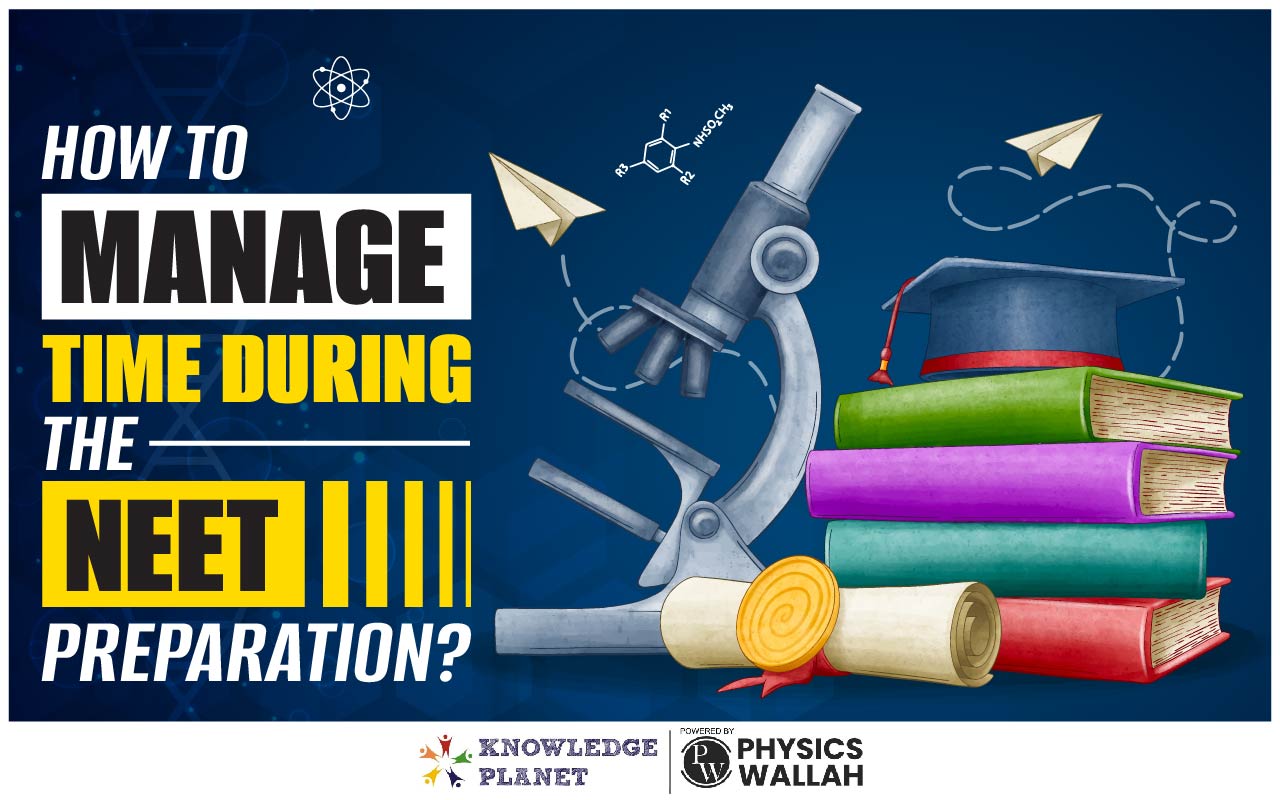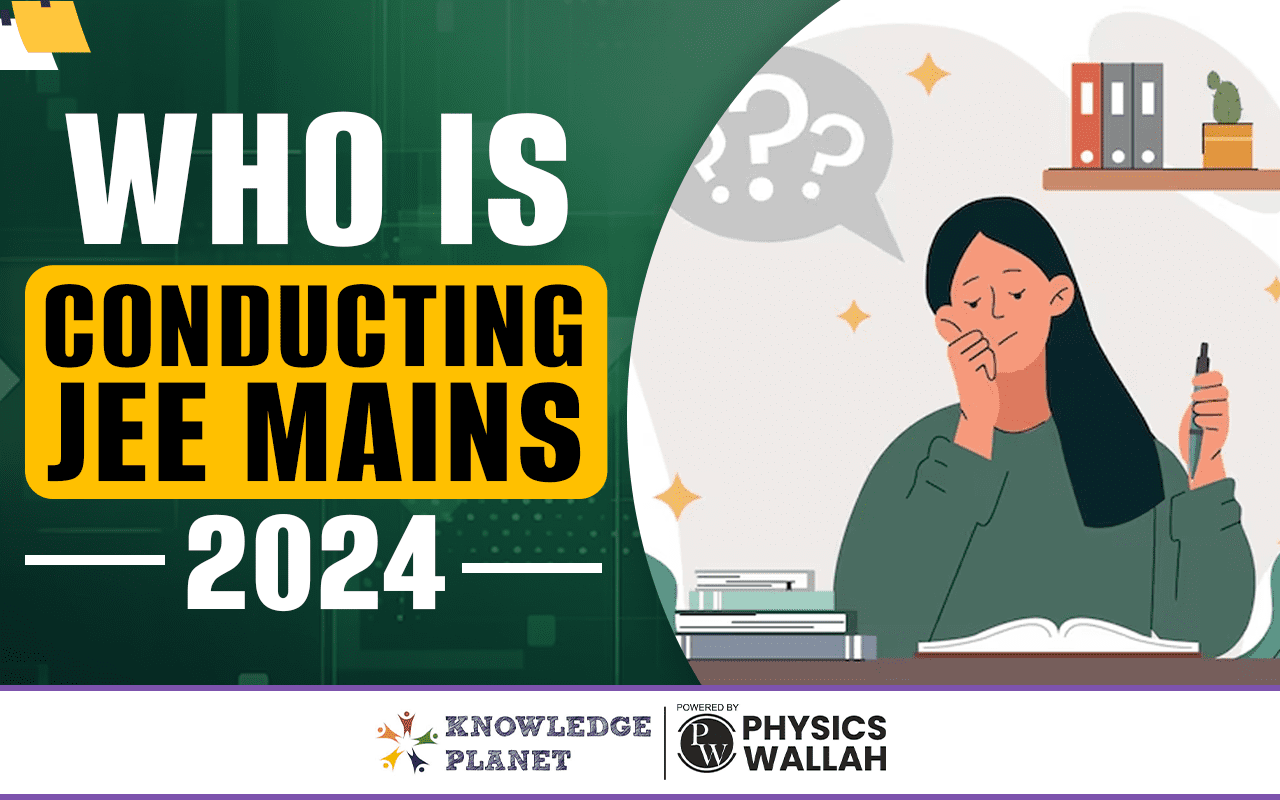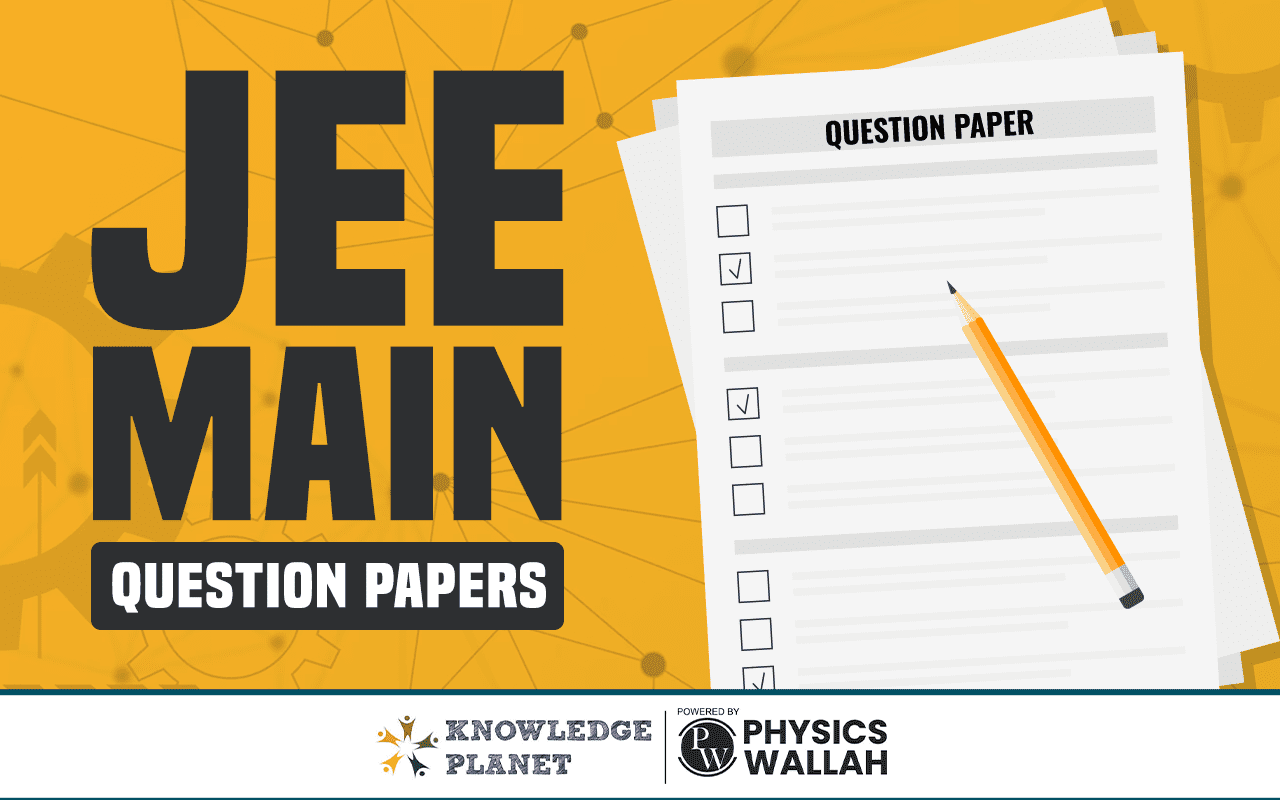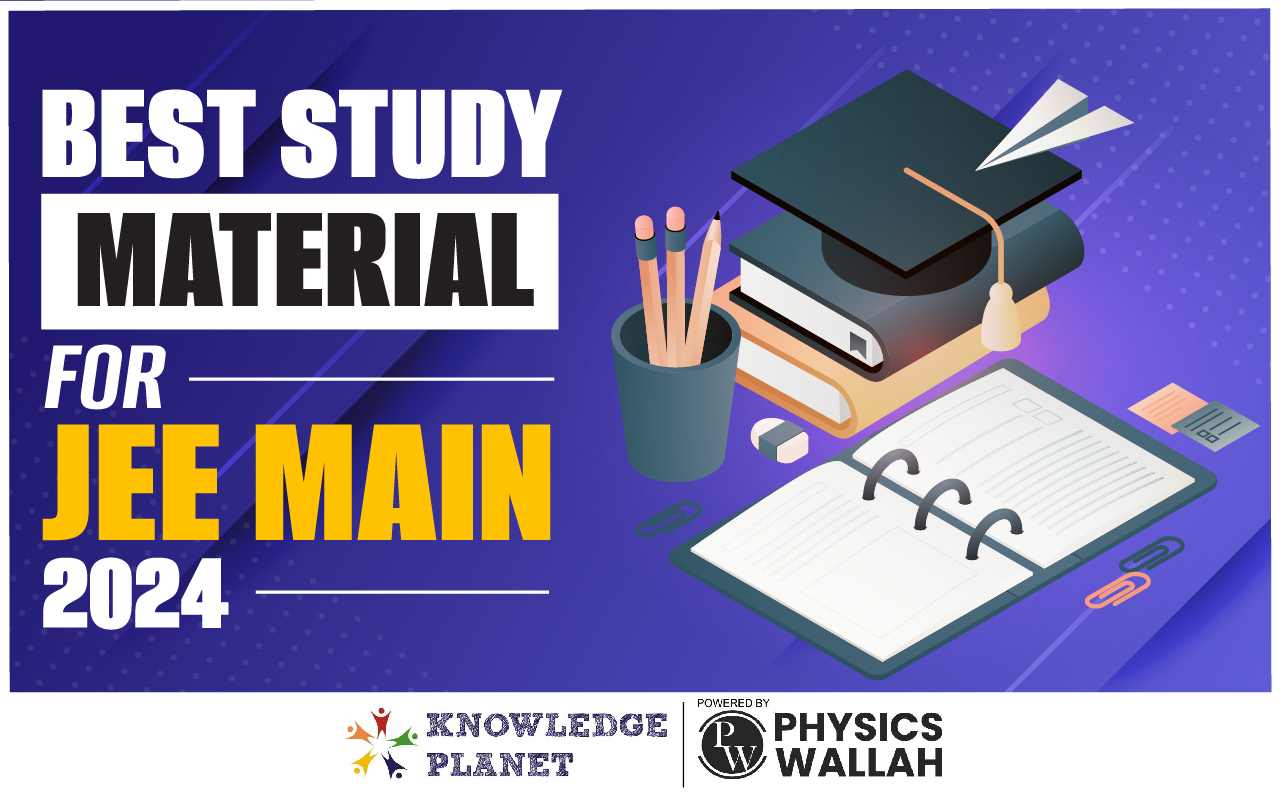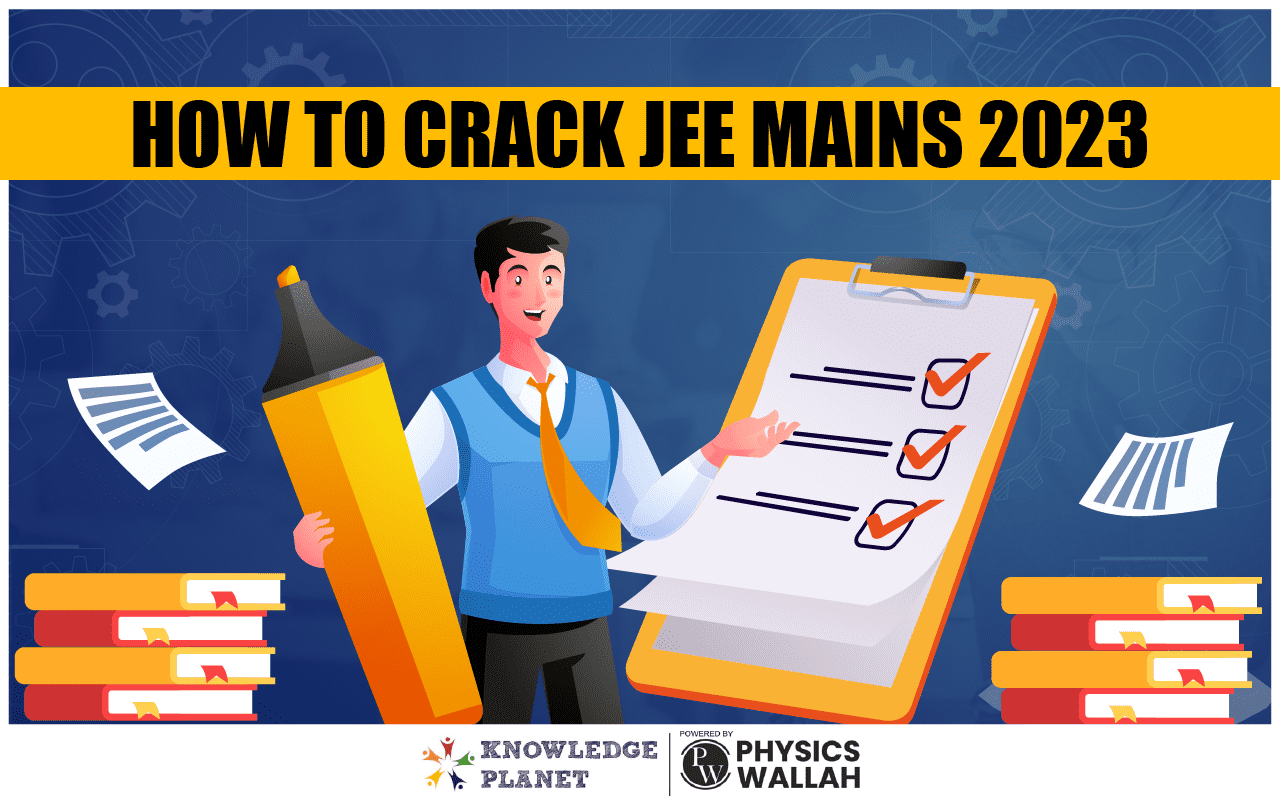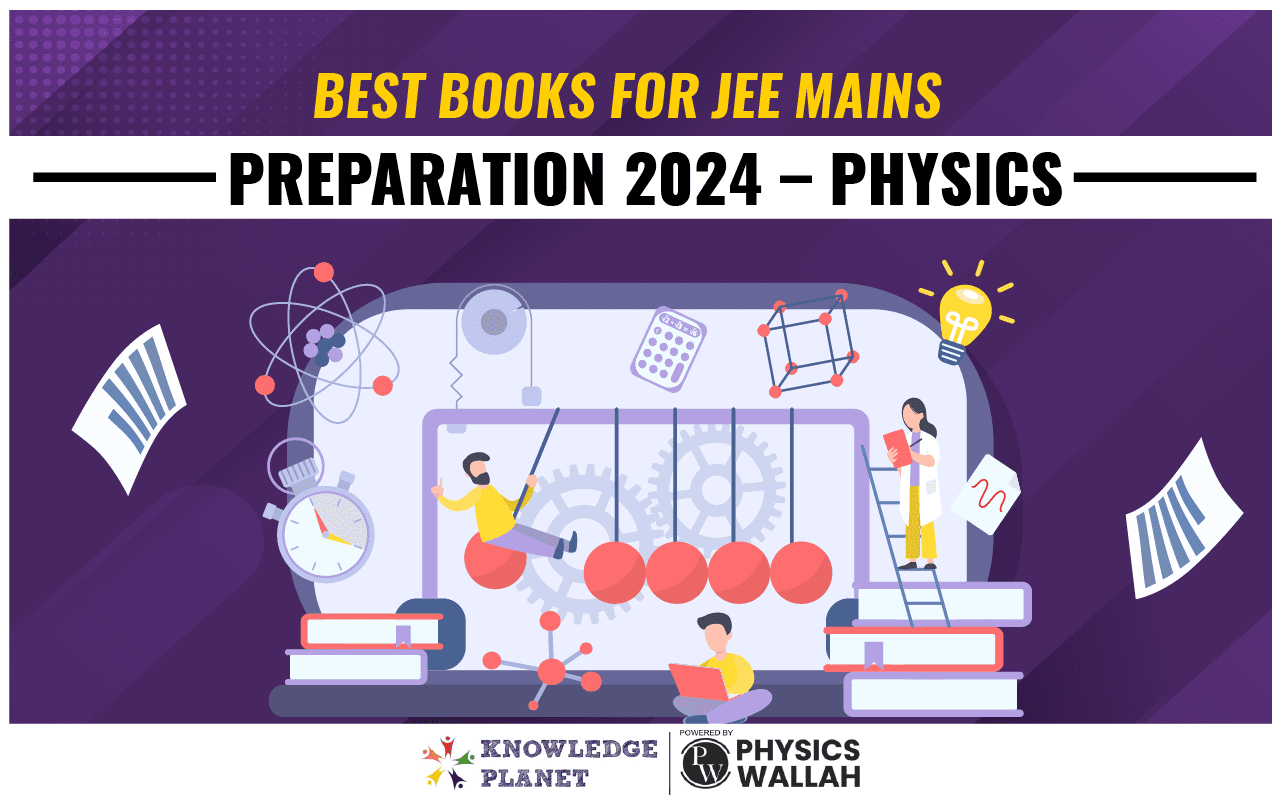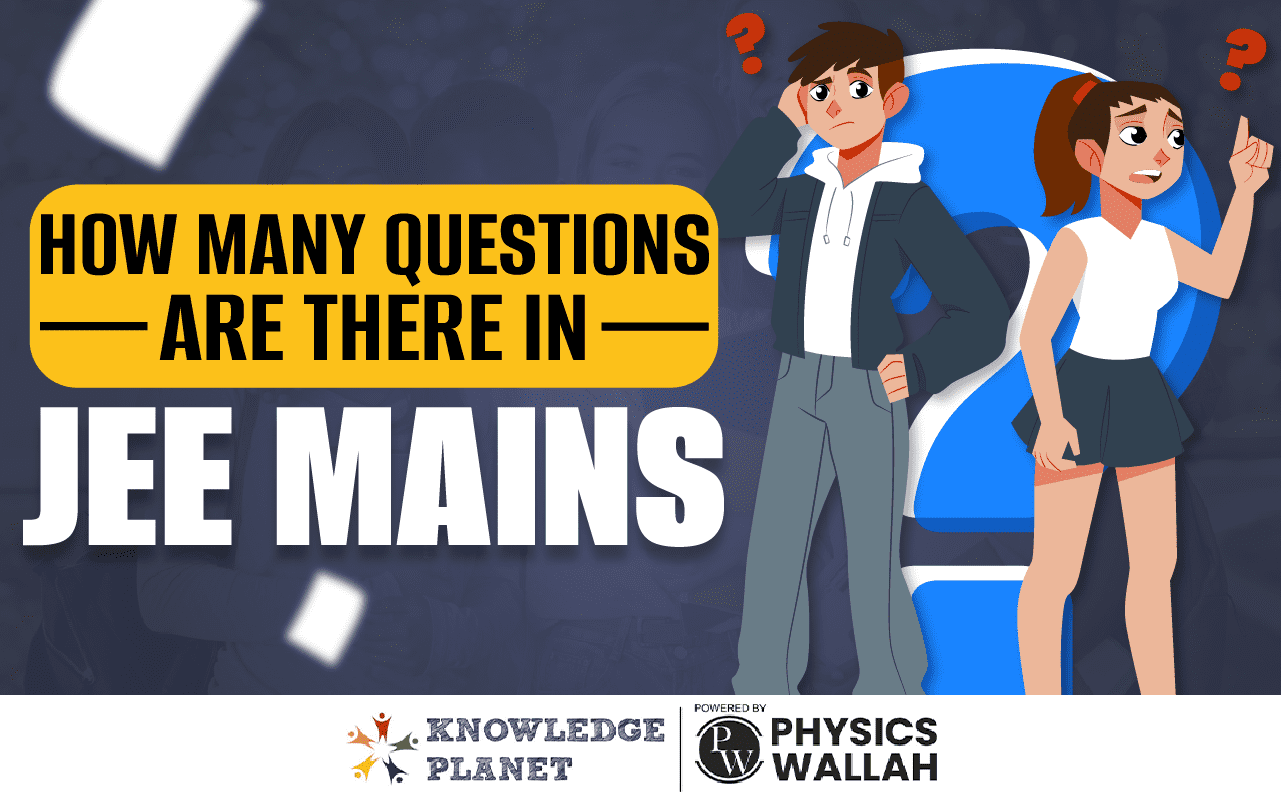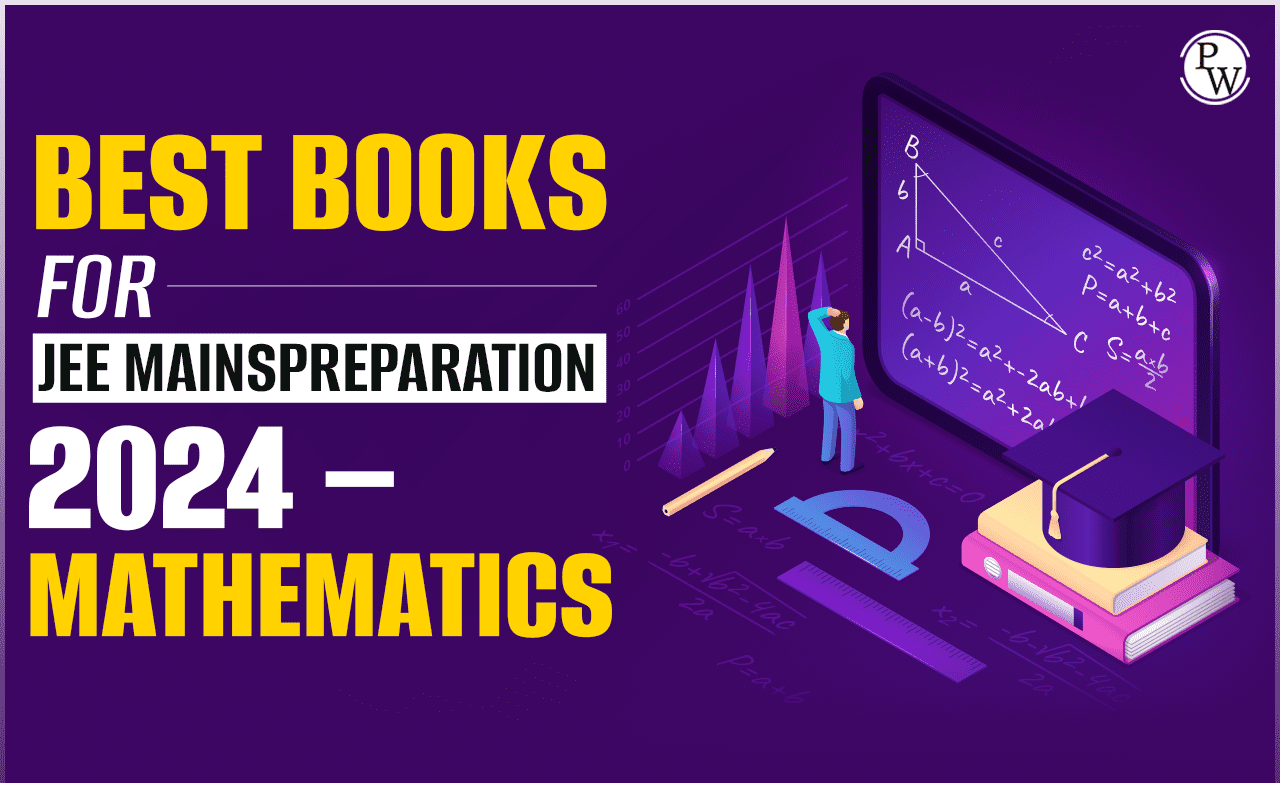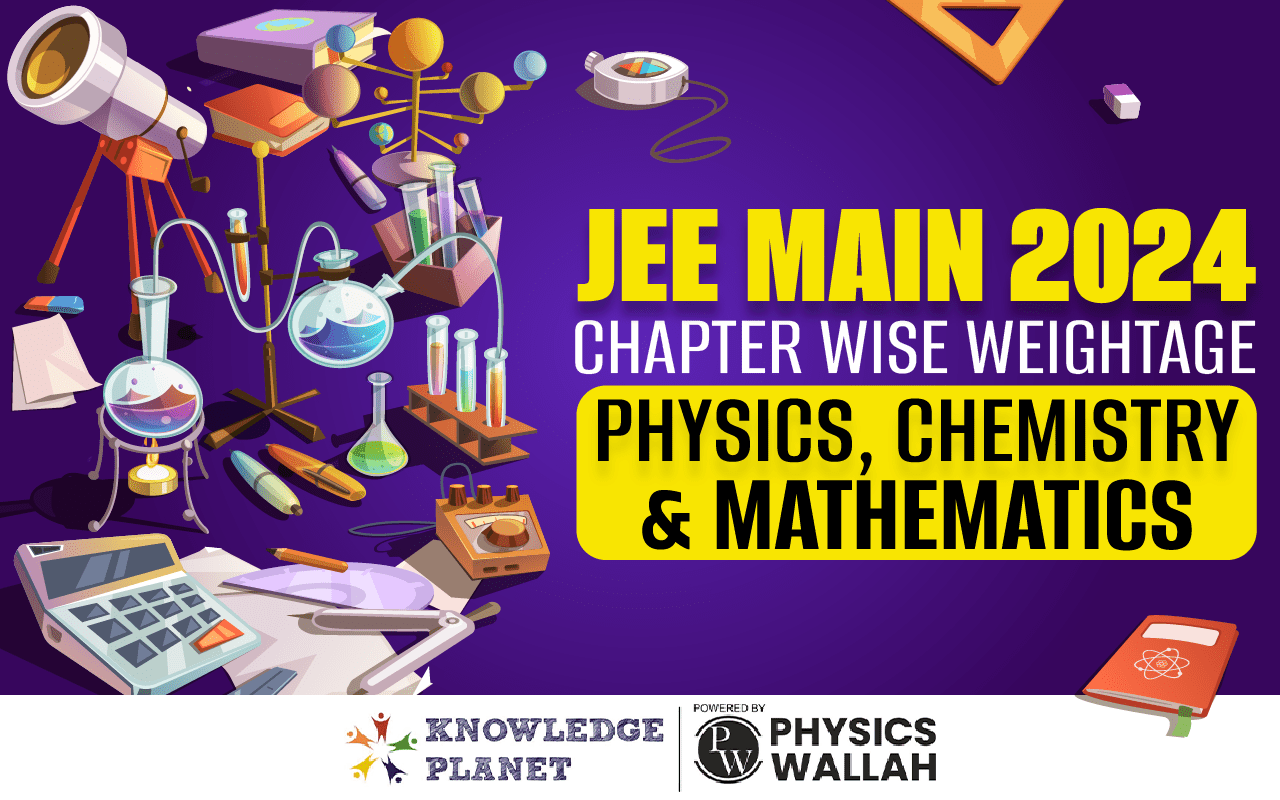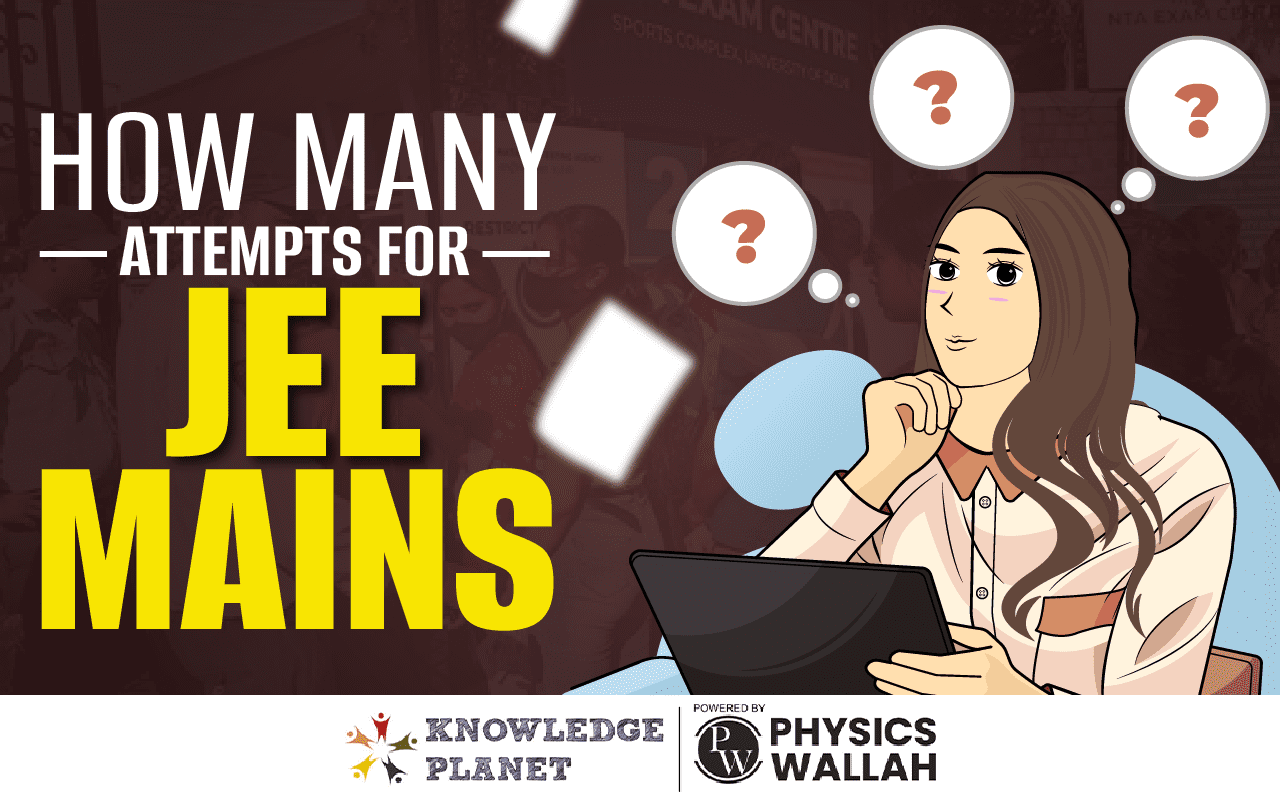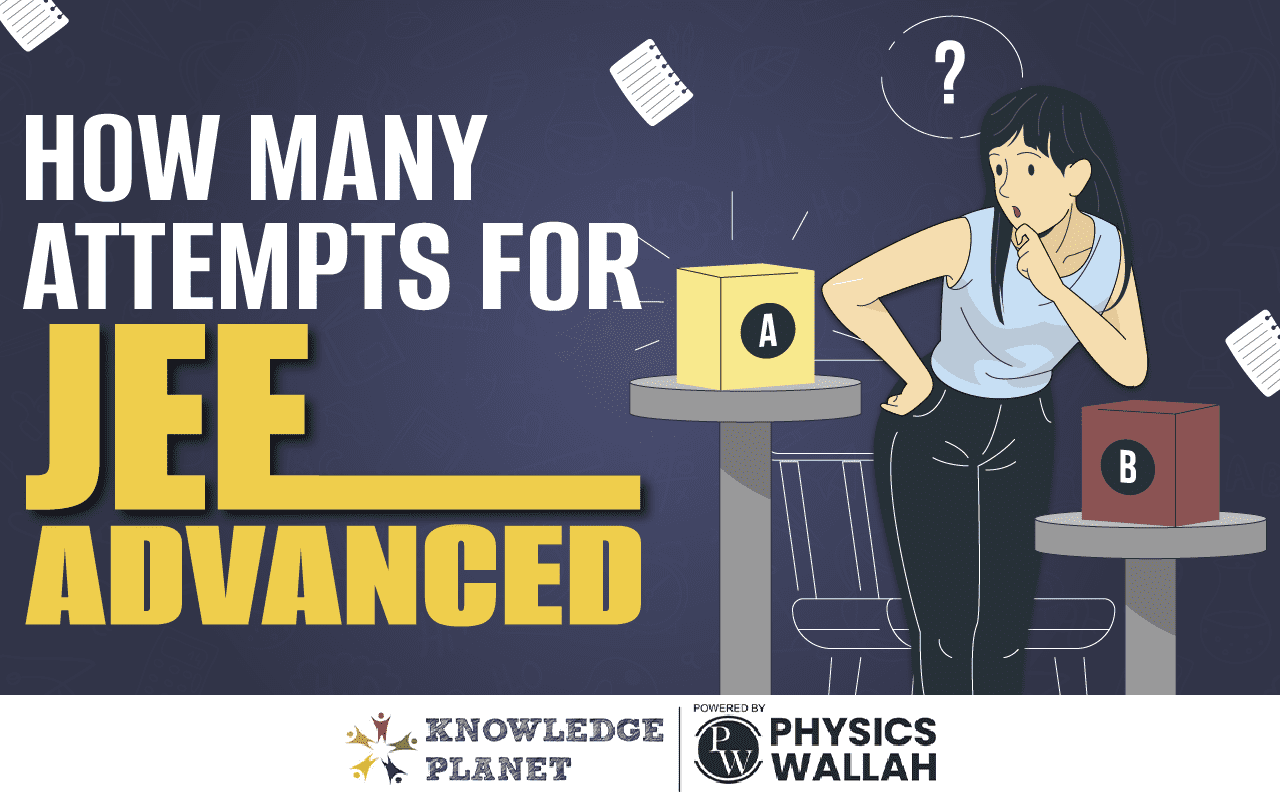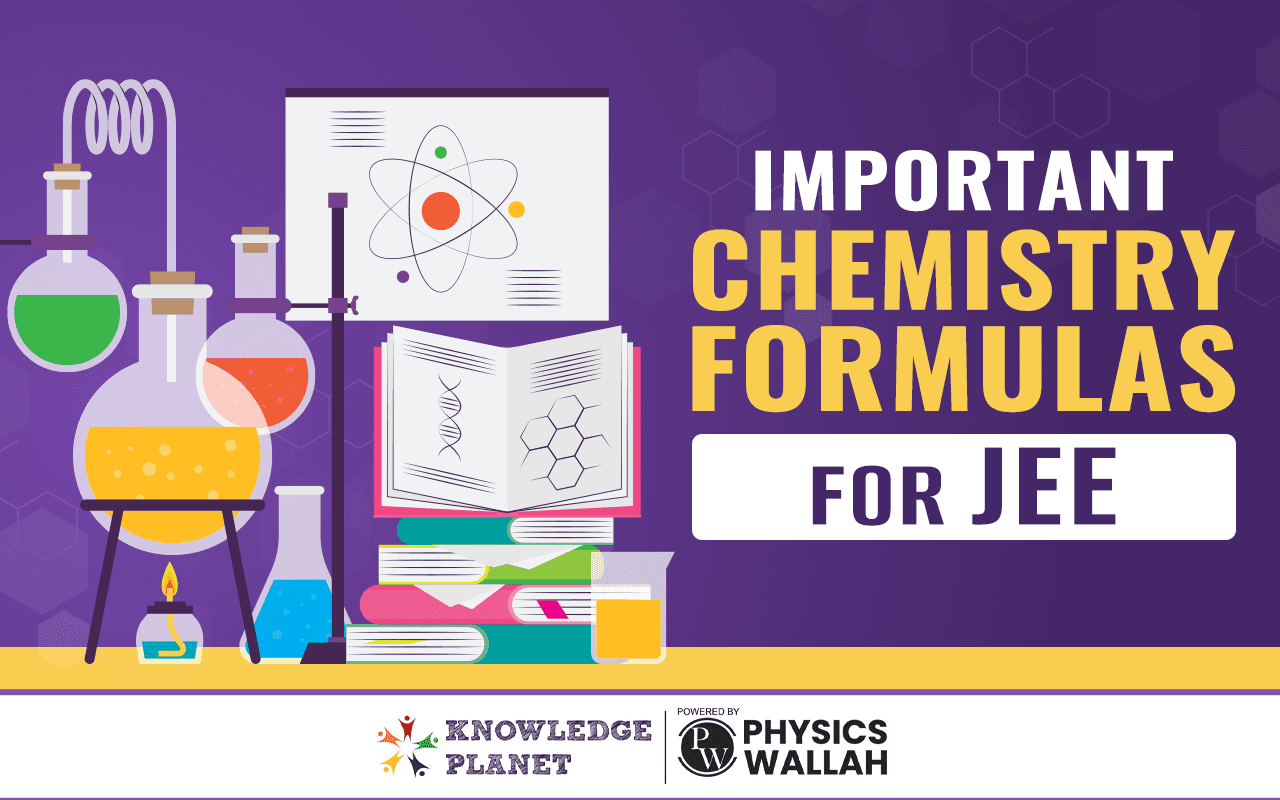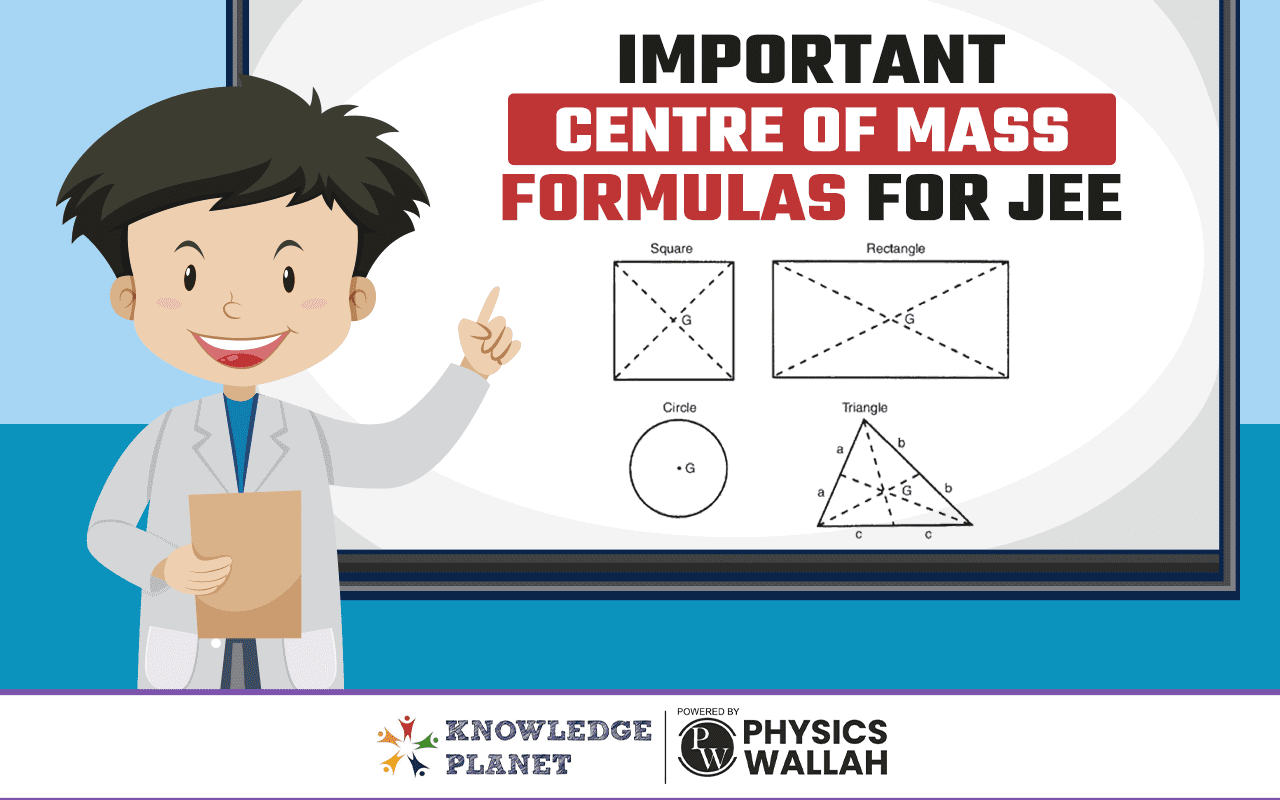JEE Main 2026 Preparation Strategy is about building clarity, consistency, and confidence over two years of study. Aspirants aiming for IITs, NITs, and other top engineering colleges, the exam requires covering the syllabus, which tests how well you can apply concepts under time pressure.
To score well, students need a structured approach. Students must cover Class 11 and 12 topics in the right sequence, practice problem-solving daily, and revise frequently to strengthen memory.
JEE Main 2026 Preparation Strategy
JEE Main 2026 preparation strategy should be based on three pillars: concept clarity, problem-solving practice, and regular testing. Below is the JEE Main 2026 Preparation Strategy for students:
|
JEE Main 2026 Preparation Strategy |
||
|
Step |
What You Should Do |
Why It Works |
|
Know the Exam Inside Out |
Start by going through the JEE Main 2026 syllabus and exam pattern. Break it down subject-wise and mark the chapters that have appeared frequently in past years. |
This ensures you don’t waste effort on very low-weightage chapters. |
|
Build a Timetable You Can Stick To |
Plan your day around school/college timings. Keep 2–3 hours for new concepts, 2 hours for problem-solving, and at least 1 hour for revision. |
A practical routine removes confusion. Instead of wondering what to study next, you’ll always have a direction. |
|
Focus on Basics First |
Use NCERTs as your foundation and then move on to reference books. Maintain short notes or a formula sheet while studying. |
When your fundamentals are clear, even advanced JEE-level problems start making sense. |
|
Practice with Real Questions |
Solve previous year questions (PYQs) and take mock tests regularly. Analyze your mistakes and re-solve the weak areas. |
Mock tests are the closest experience to the actual JEE exam. They train you to manage pressure and improve speed. |
|
Revise in Smart Cycles |
Don’t leave revision for the last few months. Every week, dedicate a few hours to revisiting old chapters. |
Regular revision keeps older topics fresh and prevents last-minute panic. |
|
Balance Boards and JEE Together |
While preparing NCERT chapters for board exams, also solve JEE-level problems from the same topics. This way, you cover both exams without doubling the effort. |
This saves a huge amount of time and reduces stress in Class 12, when most students feel overloaded with dual preparation. |
Also Know: Difference Between JEE Main and JEE Advanced, Eligibility, Pattern & Difficulty Level
Subject-Wise JEE Main Strategy
Below is the subject-wise JEE Main Strategy for Physics, Chemistry, and Maths for candidates' reference.
Physics Preparation JEE Main 2026
Physics is considered tricky because it requires both conceptual clarity and mathematical application. Candidates can check the steps below on how to prepare Physics for JEE Main:
-
Step 1: Begin with NCERT for theory. Make sure you understand topics like Newton’s Laws, Thermodynamics, Electrodynamics, and Optics deeply.
-
Step 2: Solve 30–40 problems from varied difficulty levels. This sharpens problem-solving speed.
-
Step 3: Maintain a formula sheet for Mechanics, Gravitation, Waves, etc. Revise it weekly.
-
Step 4: Practice previous JEE Main papers and NTA PW mock tests to get used to exam-level questions.
Chemistry Preparation JEE Main 2026
Chemistry is a scoring subject if studied strategically. It focuses on memory, reactions, and application.
-
Physical Chemistry
-
Focus on Mole Concept, Thermodynamics, Equilibrium, and Electrochemistry.
-
Solve numerical problems daily from reference books.
-
Inorganic Chemistry
-
NCERT is important. Memorize periodic table trends, coordination compounds, and chemical bonding.
-
Revise using short notes and flashcards.
-
Organic Chemistry
-
Start with basics: GOC (General Organic Chemistry), Isomerism, and Hydrocarbons.
-
Use a reference book for practice and learn reaction mechanisms thoroughly.
Maths Preparation JEE Main 2026
Mathematics is important in JEE Main because of its lengthy and tricky questions.
-
Build concepts first i.e., topics like Algebra, Quadratic Equations, Sequences, Trigonometry, and Calculus must be prepared well.
-
Solve a variety of problems, i.e., don’t restrict yourself to solved examples. Solve 30–40 problems daily.
-
Practice under timed conditions because Maths is lengthy and maintaining speed is important. Attempt mock questions under strict timing.
-
Maths Revision Strategy JEE 2026 includes maintaining a notebook of all important formulas (Algebraic identities, Calculus derivatives and integrals, Coordinate Geometry equations)
Also Know: JEE Main 2026 Registration For UAE Students
JEE Main 2026 Study Plan (6-Month)
If you’re beginning in mid-2025 or later, here’s a 6-month JEE Main study plan:
|
JEE Main 2026 Study Plan (6-Month) |
||
|
Month |
Focus Area |
Strategy |
|
1–2 |
Concept Building |
Finish NCERT + coaching notes, create formula sheets |
|
3–4 |
Problem-Solving |
Start previous years’ questions practice + weekly mock tests |
|
5 |
Mock Tests |
Attempt 2–3 full-length tests weekly and revise mistakes |
|
6 |
Final Revision |
Focus on high-weightage topics, use flashcards, and last five years previous years’ questions |
Also Know: JEE Advanced 2026 Exam Dates For UAE
Benefits of a Structured JEE Main 2026 Preparation
Here are some benefits of a structured JEE Main 2026 preparation:
-
Revising in cycles helps lock Class 11 concepts in memory while moving through Class 12 chapters. This reinforcement ensures that you can recall topics easily.
-
Mock tests and PYQs help check knowledge but also sharpen problem-solving skills under timed conditions. Over time, your accuracy will improve, which will directly improve your score.
-
With a timetable in place, you avoid wasting time on less important topics and focus on areas that carry more weightage. This ensures balanced progress across PCM.
-
As you track your performance in AITS, mock tests, or self-evaluations, you will see gradual improvement. This will build exam confidence and reduce test-day nervousness.
-
Covering a large part of the syllabus in Class 11 and revising regularly will help you in the final year. You’ll have more time for mock tests and polishing weak areas.
-
Since NCERTs form the backbone of both exams, structured preparation ensures high board scores while keeping JEE readiness intact.
Also Know: JEE NRI Quota UAE, Eligibility Criteria
JEE Main 2026 Preparation Strategy FAQs
Q: How should I start JEE Main 2026 preparation?
Ans: Start with NCERT textbooks to build basics, then move to standard references. Create a timetable and practice PYQs regularly.
Q: Is NCERT enough for JEE Main 2026?
Ans: NCERT is essential for Chemistry, but not sufficient for Physics and Maths. Use the NCERT for basics and reference books for problem-solving.
Q: How to manage Class 11, 12, and JEE together?
Ans: Follow an integrated approach, i.e., prepare JEE topics alongside school chapters. This saves time and reinforces concepts.
Q: How many hours should I study daily for JEE Main 2026?
Ans: 5–6 focused hours daily (outside school) is sufficient if done consistently for JEE Main 2026.
Q: How important are mock tests for JEE?
Ans: Mock tests for JEE are extremely important. Mock tests improve exam temperament, time management, and accuracy.

DASA Admission for NRI Students 2026 requires JEE Main scores for UG and GRE/GMAT for PG admissions. Registration starts online at dasanit.org in June 2026, with 15% supernumerary seats and a CIWG quota. Tuition fees are around USD 4,000 per semester (USD 2,000 for CIWG), and counselling will be conducted online in July after JEE Main results.















































